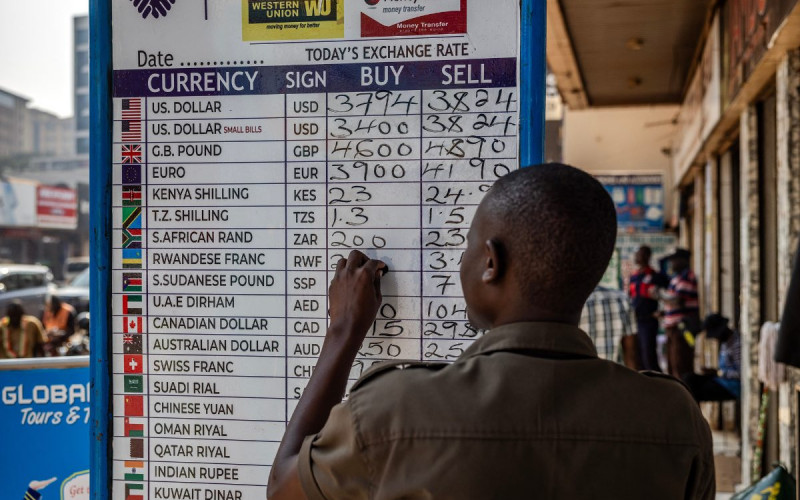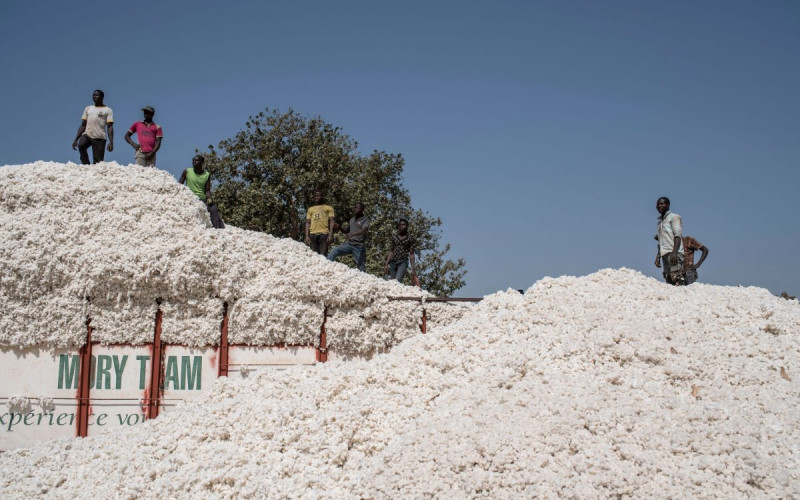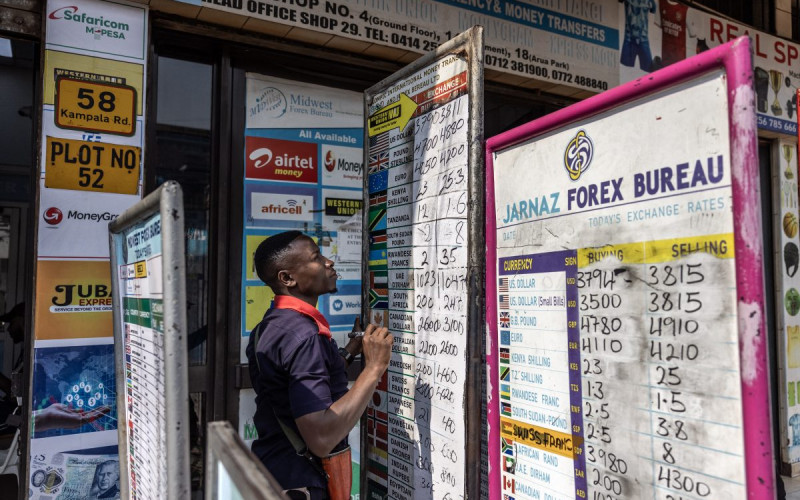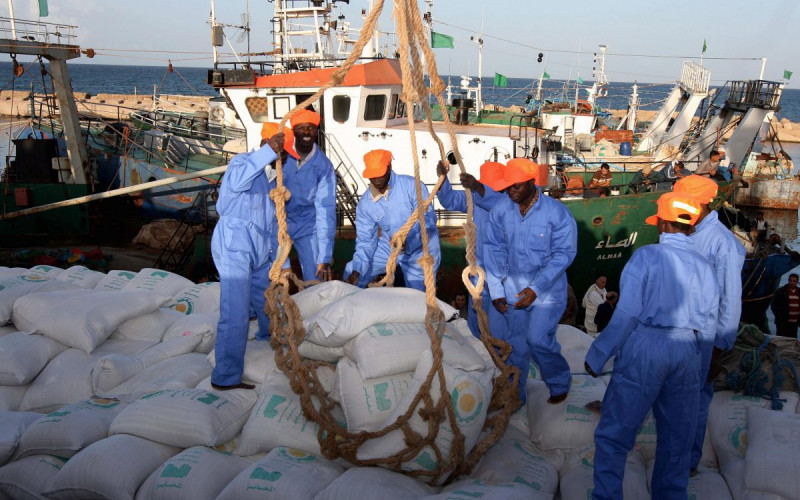Summary
- COVID-19 has plunged many African economies into an emerging recession of unknown depths resulting in immense pressure on African economies.
- As fears of the virus becoming a global pandemic rose in early 2020, spreads rose in the credit and bond markets while prices of equities dropped dramatically.
- Credit rating agencies added to the economic woes of African countries by revising their economic outlooks and in some instances institution downgrades further intensifying the risks of financial instability on the continent.
- Foreign buyers have been incrementally shifting bond holdings to higher-yielding but lower-quality debt, while borrowing costs spiked off as expectations of widespread defaults rose.
- The financial panic was particularly acute in Africa leading to an abrupt decline in commodity prices and large foreign financial outflows coupled with economic lockdowns. All of this is posing a serious threat to financial stability on the African continent with its already underdeveloped capital markets.







